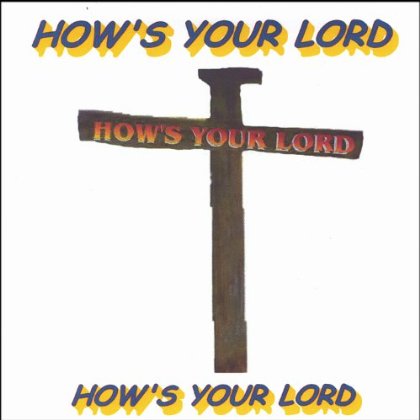
Bebbington, David W.
Religious freedom as enshrined in the Universal Declaration of Human Rights remains a perennial concern across the globe. Over the centuries many evangelicals have not enjoyed this right in practice, but they have generally advocated its acceptance, especially to allow the spread of the gospel. Not always, however, have they supported freedom for religious groups besides themselves, and sometimes they have endorsed discrimination against other bodies.
The Gospel and Religious Freedom explores the complex relationship in theory and practice between evangelicals and religious freedom, covering periods from the eighteenth century to the present. The volume includes studies of the intellectual lineage of asserting the free exercise of religion, of evangelicals in the United States who endorsed religious liberty in the early twentieth century, and of recent American evangelical political pressure on behalf of freedom of religion at home and abroad. Other contributions address the evangelical defense of the cause in British territories in the age of William Wilberforce, the apparent threat to religious liberty by Roman Catholics throughout the world, an evangelical attempt to restrain Muslim laws in Nigeria, and the persecution of believers by Communists in Eastern Europe and China.
Evangelical Christians emerge as preeminently concerned with evangelism, but in other respects they are diverse in their responses to challenges in various global regions. This volume is designed to demonstrate something of the significance of the evangelical movement in the history of the modern world.







